Leading Women
These conservation champions are helping DU broaden its reach and fulfill its mission
These conservation champions are helping DU broaden its reach and fulfill its mission
By Jennifer Boudart

More women are entering the conservation field, such as DU fellowship recipient Kate Sinnott, who conducted her masters research on identifying and planting aquatic vegetation in Utah.
When The Wildlife Society’s 30th Annual Conference convened in Louisville, Kentucky, last November, one of the highlights was a session titled “Leaders in Conservation on Mentoring the Next Leaders.” That session featured eight panelists, all of whom were women and all distinguished figures in conservation. They shared their stories of success and discussed the value of working with mentors during their careers as well as serving as mentors to those who will be writing the next chapters in conservation. Collectively, the panelists represented decades of experience and wisdom acquired through leadership roles in various state and federal agencies, conservation organizations, and foundations. They also exemplified the growing role women are having in all areas of conservation—as outdoors enthusiasts, environmental professionals, corporate leaders, and policy makers.
It turns out several of the panelists have connections to Ducks Unlimited. Dr. Karen Waldrop is DU’s chief conservation officer. Dr. Mamie Parker serves as a member of DU’s national board of directors. And Becky Humphries is a former director of operations in DU’s Great Lakes/Atlantic Region. Dr. Christine Thomas, DU senior advisory vice president and chairman of DU’s Conservation Programs Committee, was also in attendance and spoke on another panel with Waldrop and Parker.
DU is fortunate to be represented by these outstanding women and many others who are lending their voices to wider conversations about natural resources. For its part, DU firmly believes that everyone has a stake in the conservation of wetlands and other wildlife habitats and that conservation is best served when people with diverse perspectives and life experiences pull together for a common cause. This goal is shared by DU’s partners, such as the Winnebago Industries Foundation, which has helped amplify diversity and female participation in DU’s collegiate volunteer chapters through scholarships to Third Term, which is the organization’s annual collegiate leadership summit. DU’s mission has certainly been strengthened by the many talented women—staff, volunteers, members, donors, and outside partners—who lend their support at local, regional, and national levels.
I had the pleasure of speaking with Waldrop, Thomas, and Parker as well as Teresa Keating, Connie Parker, Ellen Wehr, and Mindy West, who also serve on DU’s national board of directors and various national committees. They all had valuable thoughts to share about their journeys in conservation and their involvement with DU. For some, these journeys involved careers in various conservation fields. Others carved out paths in the corporate world but have still found ways to have a hand in conservation by promoting sustainability efforts within their companies; by getting involved with conservation-minded organizations, foundations, task forces, and councils; and by supporting DU as active members, donors, and volunteers. These women may have vastly different personal histories and professions, but their stories reflect a shared passion for conservation and a commitment to broadening DU’s message and base of support.
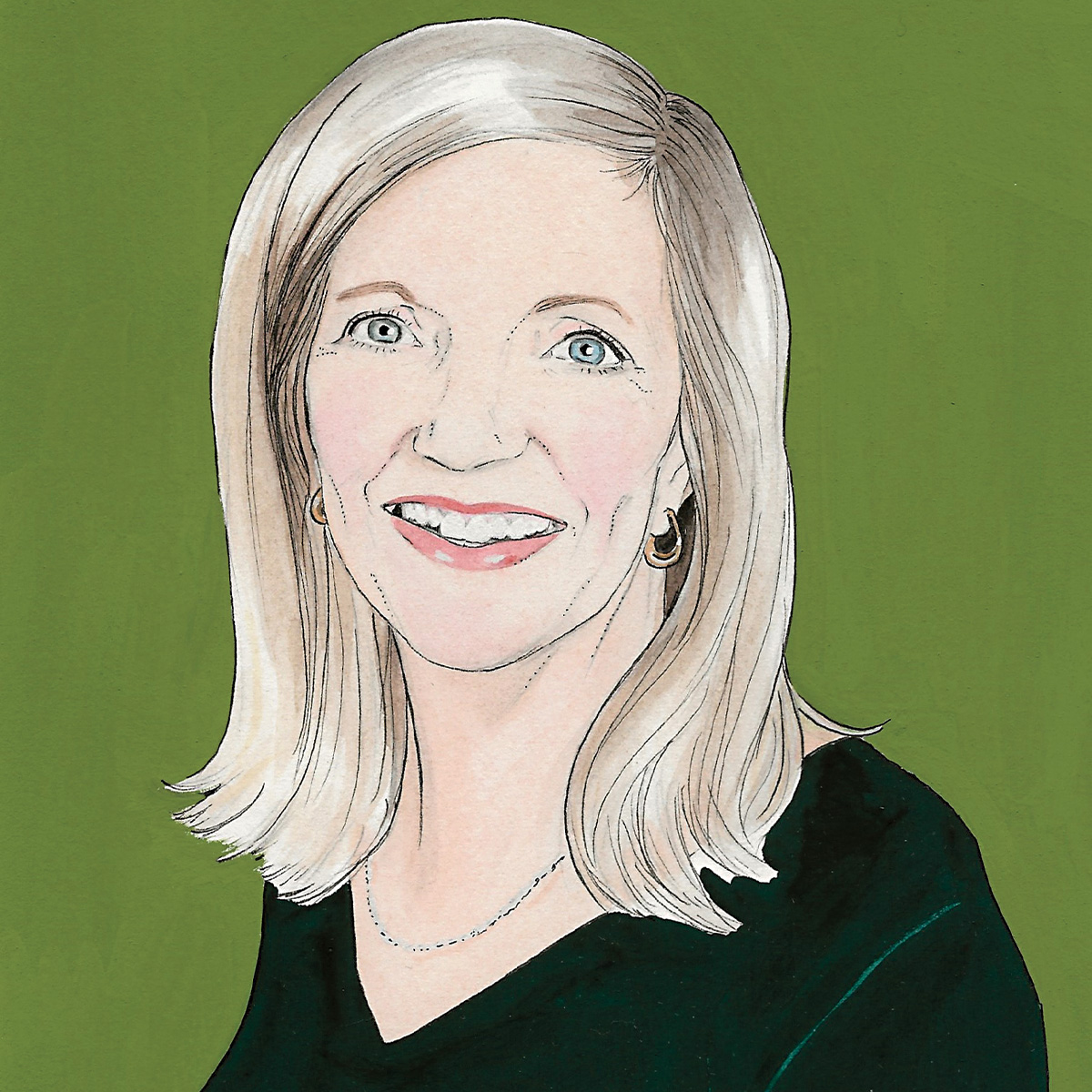
Prior to joining DU’s executive leadership team in 2019, Waldrop spent 14 years with the Kentucky Department of Fish and Wildlife Resources, moving from research program coordinator to wildlife chief and finally to deputy director. Waldrop also served as Kentucky’s representative to the Mississippi Flyway Council and was a member of the Executive Council of the North American Bird Conservation Initiative. She currently serves on the board of the National Conservation Leadership Institute and was recently appointed to the North American Wetlands Conservation Council and the Neotropical Migratory Bird Conservation Act Advisory Committee.
Waldrop grew up in central Florida and says she was fascinated with all things wild from a young age. She fondly recalls using her school lunch box to collect green snakes and frogs. By the time she entered college, Waldrop knew she wanted to pursue a wildlife-related career, “but I didn’t really know there was a realistic career path as far as being a wildlife biologist, so I decided to take the vet track.” Halfway through her studies at Florida State University, she learned that some universities did offer degrees in wildlife biology and promptly transferred to one of them, the University of Georgia, where she received a bachelor of science degree in forest resources and a master of science degree in wildlife biology/forest resources. She received a PhD in wildlife biology/forest sciences from Clemson University.
Waldrop’s interests shifted a few times during her academic career. She first focused on wildlife diseases, conducting research on ungulate species including deer and elk. When her research took her to a part of Kentucky where coal mines were being restored to wildlife habitat, she fell in love with landscape-level conservation and ecology. That led her to join the Kentucky Department of Fish and Wildlife Resources. During her time with that agency, Waldrop helped coordinate the development of wetland complexes on Kentucky’s premier waterfowl management areas, and DU was an important partner.
Waldrop was drawn to DU by its focus on landscape-level conservation. “I love being part of an organization that I know is going to make a big difference through work in wetlands and grasslands conservation. This is not a job; it’s a lifelong passion for me and part of who I am. You hear that a lot at DU.”
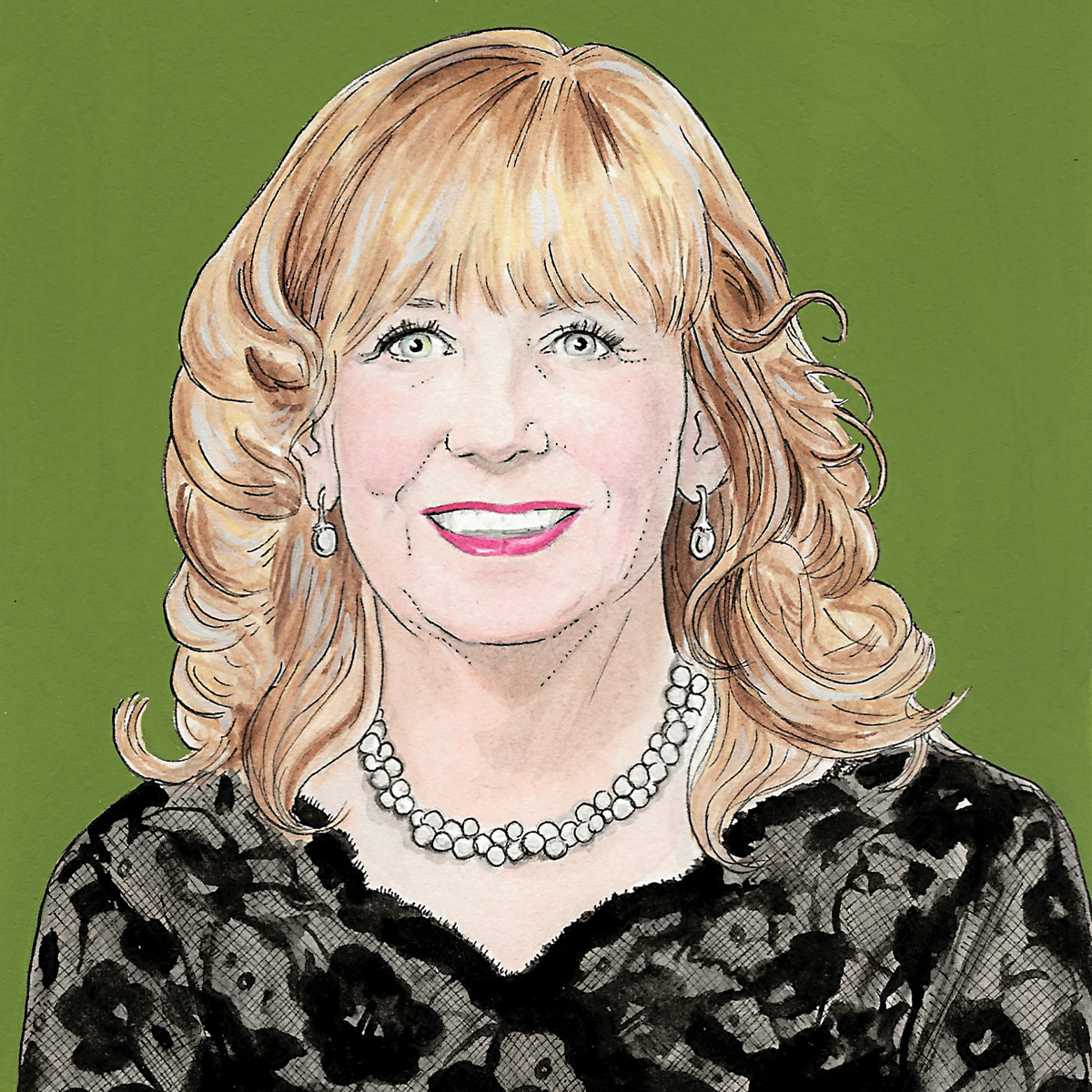
Thomas is dean emerita and professor emerita at the College of Natural Resources at the University of Wisconsin−Stevens Point. She is also the founder of Becoming an Outdoors-Woman (BOW), a nonprofit educational program for women that offers workshops in outdoor skills, including canoeing, nature photography, fly-fishing, shooting, archery, and more. Thomas served on the Wisconsin Natural Resources Board for 11 years and was a member of the Natural Resources Foundation of Wisconsin board as well. Moreover, she served on the Sporting Conservation Council during the George W. Bush administration as well as the Wildlife and Hunting Heritage Conservation Council during the Obama administration.
Growing up in southeast Michigan, Thomas learned from her dad how to fish and shoot. Later, her husband, Stan, introduced her to hunting birds and deer. When Thomas graduated from Central Michigan University, she intended to teach high school biology. A tight job market led her down another path, one that ultimately led to a faculty position at the College of Natural Resources at the University of Wisconsin−Stevens Point. Shortly after taking the job, she was asked to help organize a conference called “Breaking Down Barriers to Participation of Women in Angling and Hunting.”
Of the 21 barriers to women’s participation in outdoor sports that were identified during the conference, Thomas says two-thirds related to women feeling a lack of competence. “I thought, well we are an educational institution, maybe we could teach women how to do these things,” she recalls. With volunteer help from a cadre of friends and colleagues, Thomas put on a workshop for roughly 100 women to teach not only hunting and fishing skills but also camping, orienteering, and photography.
The workshop’s impact was immediately evident. “When I read the evaluations, I cried,” Thomas says. “Women wrote things like, ‘You cannot believe what this did for my self-esteem,’ and ‘I gained so much confidence this weekend.’” That impact generated interest in expanding BOW to other states, and 30 years later it’s an international program with workshops that consistently sell out.
Thomas enjoys being involved with DU because it allows her to continue doing conservation work at the national level in her retirement. “I’m thrilled to have been given a great opportunity to have a leadership role in one of the biggest conservation organizations in the country,” she says.
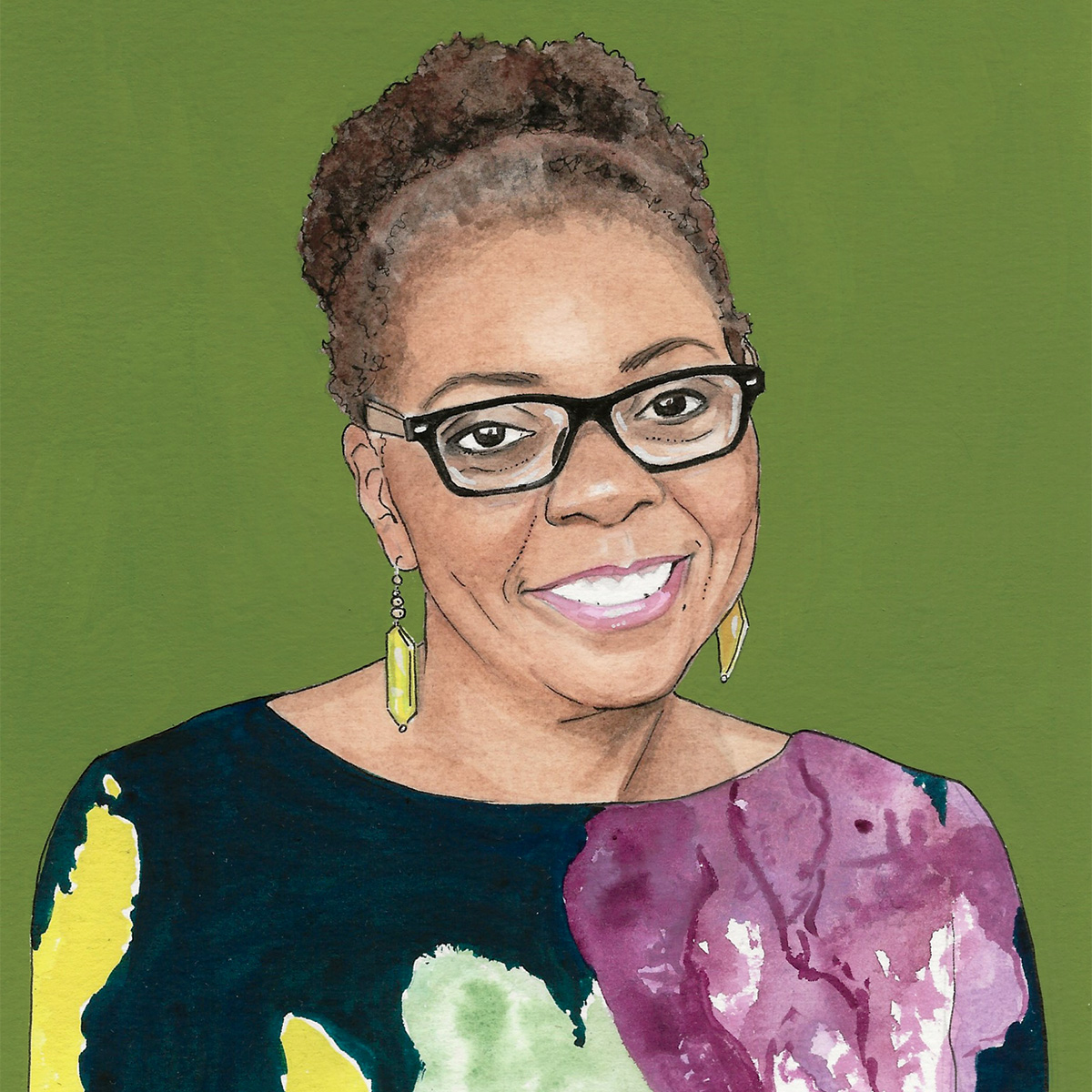
Parker’s career with the US Fish and Wildlife Service (USFWS) spanned almost 30 years. She began her work with the agency as a biologist and went on to hold several leadership positions, including northeast regional director, chief of staff, head of fisheries, and assistant director for fisheries and habitat conservation. Parker continues to be active in conservation as a public speaker, author, executive coach, and principal consultant at Ecologix Group, Inc. She is a past chair and current member of the Virginia Department of Wildlife Resources Commission and is active on the boards of many universities and nongovernmental organizations, including Ducks Unlimited.
Parker says her mother was an outdoor woman and an avid angler who encouraged her to appreciate nature. “I’m an Arkansan, and, of course, ducks and swamps are in the genes of people in that part of the country,” she says. She developed an appreciation for the natural resources in the state. She later chose conservation after learning about threats to the environment in a high school biology class.
“I didn’t know anybody who actually had studied conservation, and I didn’t have any role models,” Parker explains. “Once I asked a game warden how he got his job. He told me that women didn’t have jobs like this.”
She decided to pursue a biology degree from the University of Arkansas at Pine Bluff. While there, she was recruited for a USFWS internship and completed two of them before being hired by the agency full-time as a biologist.
Parker thought that she would remain in the field as a biologist, but her first female boss had other plans. “She told me, ‘You can be a leader, and you can do conservation work at a higher level,’” Parker recalls. Parker would go on to make history at the USFWS as the first black person to lead a regional office and the first black woman to serve as the assistant director for fisheries and habitat conservation.
“After I left government, I decided to learn more about getting engaged in nonprofits and boards, including nominating and governance. I realized board work is important for education and access to resources and leadership opportunities, not only for myself but for other women and black people,” Parker says.
Parker joined DU’s board in 2022 after serving several years on the Conservation Programs Committee. One strength she hopes to apply is the ability to continue to advocate and “move people toward partnerships and the understanding that we need to break down silos within organizations, to increase our efforts in reaching across boundaries to get things accomplished.” She’s impressed that DU appreciates connections between social issues and conservation issues. “They’re one and the same, whether it is public health, poverty, or climate change. That is where I think the future is—integrating all of those things to solve some of these conservation challenges and getting more hands on deck for conservation, which means more ducks!”
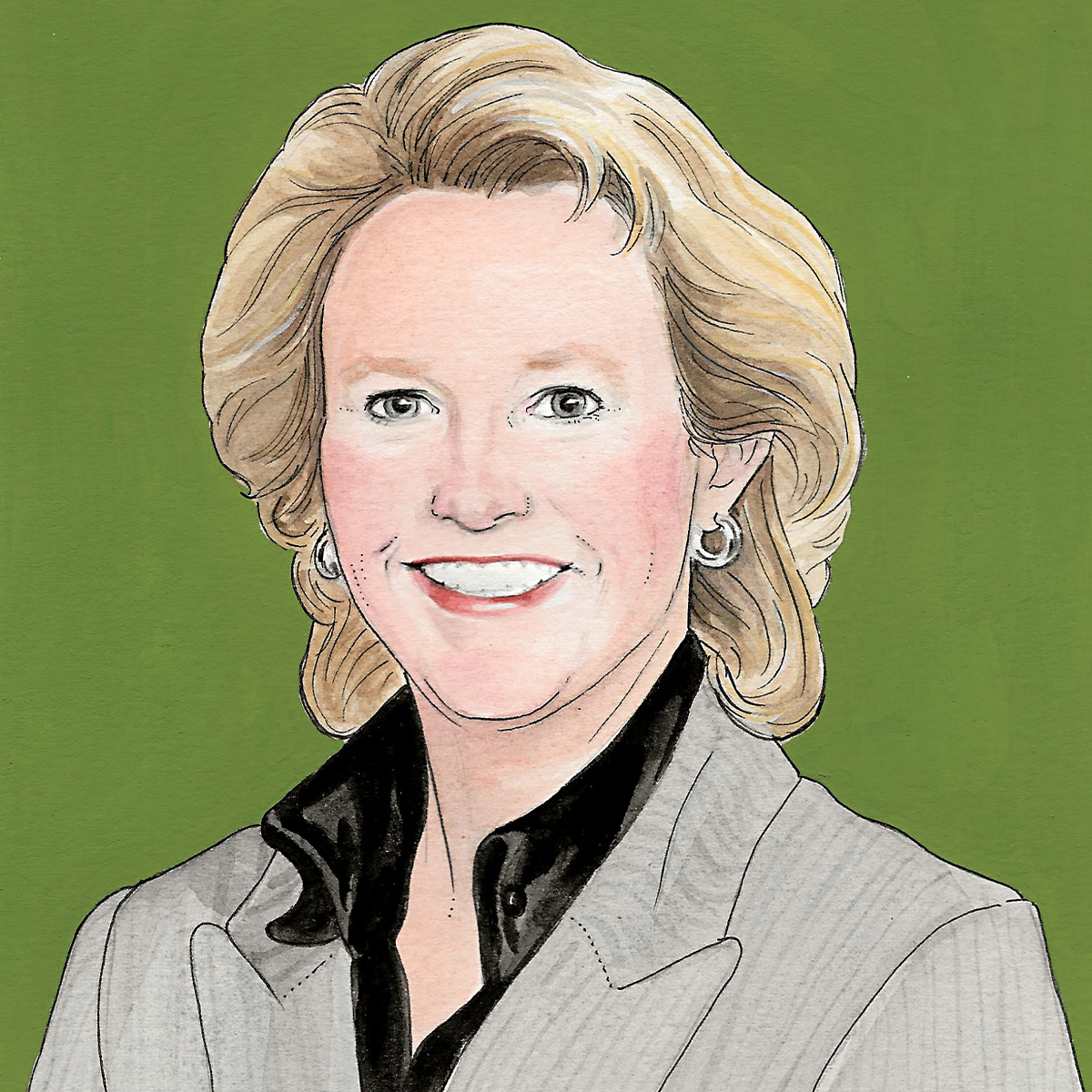
A chemical engineer by training, Keating has been with Dow Chemical for just over 26 years. She’s currently the global operations director for performance materials and coatings. This operations segment of the company employs over 6,500 people at roughly 49 sites worldwide. Before moving into this role, Keating was Dow’s global director of environment, health, and safety operations. She’s known for creating a platform designed to prevent severe injuries and fatalities by sharing employees’ knowledge and experience about safety-related issues. That platform enabled Dow to achieve zero fatalities and a record number of consecutive days without a severe injury.
“One thing that makes me a little different at DU is that I didn’t grow up hunting or fishing,” Keating says. “My dad was killed in a car accident when I was three months old, so I don’t have those youth pictures to share.” Keating’s father was an electrical engineer, and she says a love of math and chemistry was definitely in her blood. She credits an influential chemistry teacher with encouraging her to pursue a chemical engineering career.
Keating’s husband, Jack, introduced her to hunting, and now they split their time between their hunting lodge in Michigan and their fishing camp in Texas. When Keating learned that her current leader at Dow was a former member of the DU board, she asked him how she could get involved “because I’d heard of DU and its great reputation as one of the best conservation organizations.” Keating was introduced to Christine Thomas and Karen Waldrop, who invited her to join the Conservation Programs Committee. She became an at-large DU board member in 2022.
“As an engineer working in the plants for years in various global leadership roles, I’ve honed skills in problem solving and strategic thinking that I can use to benefit DU,” Keating says. “I’ve been able to provide input on recruiting and retaining engineers at DU because that’s what I do in my day job. I’ve also been excited to work on the inaugural sustainability committee. Dow is on its own sustainability journey, so I’ve lived that for a few years now. I’m helping DU to match its sustainability offerings with what corporations are looking for, to find what those overlaps are.”
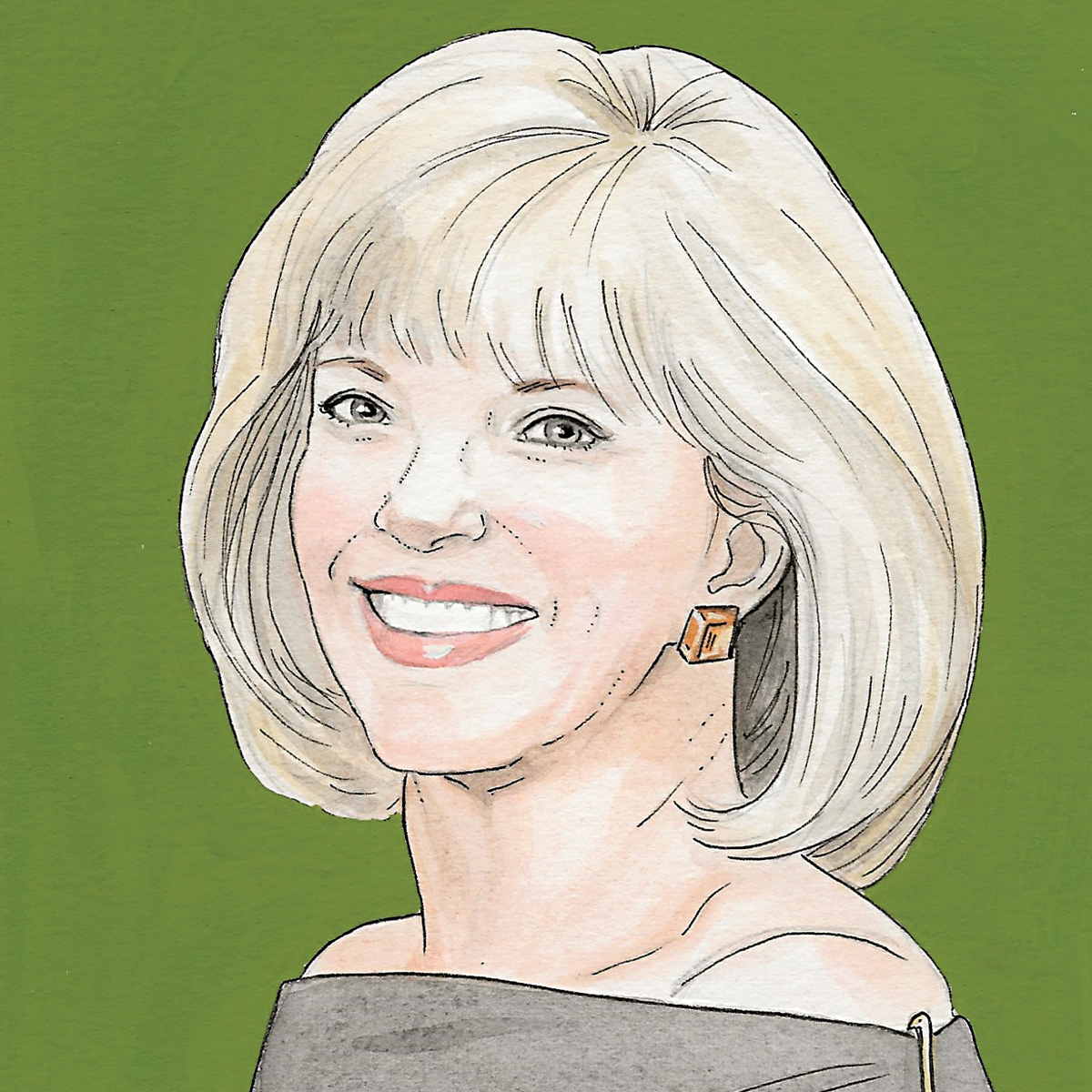
Parker began her career in the field of banking before going on to spend nearly two decades in the private equity sector. At one point she served as chief operating officer of an international private equity fund with some $26 billion in assets. Currently, Parker serves on the board of directors of the international fishing equipment manufacturer Rather Outdoors. Parker is also executive chairman and managing partner at Henley Ion, a biotech start-up. She has previously served on the boards of the Fish and Wildlife Foundation of Florida and the Theodore Roosevelt Conservation Partnership and was selected for the Association of Fish and Wildlife Agencies Blue Ribbon Panel on Sustaining America’s Diverse Fish and Wildlife Resources.
Parker says her career evolved into working with boards and CEOs to build businesses, thanks to the people she met along the way. As she puts it, “My work and my passion have come together because I’ve met the right people in the right place with the right passions and skill sets.” One of those people is former DU Executive Vice President Matt Connolly, who helped Parker become nationally involved in conservation when he invited her to join him on the board of the Theodore Roosevelt Conservation Partnership.
Parker recalls another fortuitous meeting with DU staffers in Washington, DC, which led to an invitation to learn more about DU’s policy work and, ultimately, to join the DU board. “When I told them I don’t hunt, I was told I didn’t need to—I just needed to care about conservation and the rights and traditions of hunters, which I definitely do. The outdoors is important to me, to my culture, and to my family. My father was in the military, and when he would come home from assignments, we’d go out on the lake in the boat.”
Of her work with DU, Parker notes, “One of the skills I bring to the table is being able to apply what I’ve learned in business about organizational development and design. At the end of the day, DU operates like a business—we do engineering work on the ground, we have 680,000 members, and we have IT and human resources and endowments.”
Parker appreciates that DU is preserving outdoor traditions by making its events family friendly. “More kids are going into the field with their moms and dads. They’re learning not only about conservation but our values and what we believe in,” she says. “I now have a family of my own choice—my DU brothers and sisters. Most of my best friends are in DU. I am not only lucky to be a part of DU; I’m blessed.”
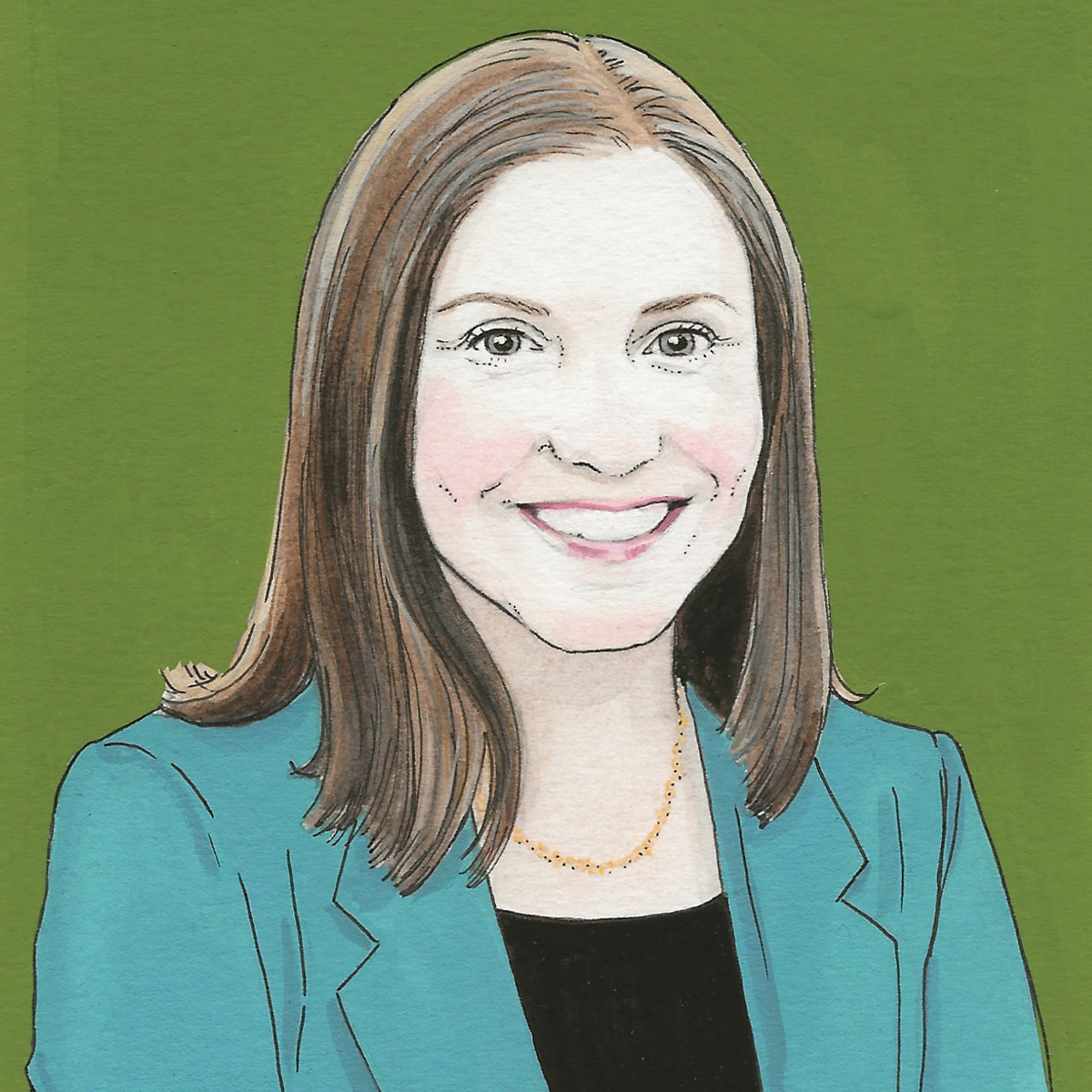
Wehr is an attorney and owner of Wehr Water Law & Policy in California’s Central Valley, where she serves individual landowners and larger clients like the Grassland Water District. The district supplies water to 50,000-plus acres of privately managed wetlands and state and federal wildlife refuges that provide vital habitat and food resources for migratory waterfowl and other birds in the Pacific Flyway. Wehr also serves on various committees for the Central Valley Joint Venture.
Wehr’s childhood involved a lot of time exploring the woods and waterways around her home in rural western New York. At age 18, she moved across the country to serve in the Conservation Corps in the state of Washington. That experience sparked her interest in public lands and stewardship. She enrolled at The Evergreen State College in Olympia, Washington, and earned a bachelor’s degree in environmental studies. After meeting many mentors who specialized in environmental policy and law, she was inspired to pursue an environmental law degree. She earned her juris doctorate from Lewis & Clark Law School in Portland, Oregon.
As an attorney, Wehr found herself drawn to water rights work, and her first job brought her in contact with various water districts that provide water for rice lands in the Sacramento Valley. Before forming her own firm, she worked for years as in-house counsel for the Grassland Water District because she loved its unique mandate as the only water district in California to provide water solely for wetlands and other wildlife habitats.
When Wehr joined DU’s board, she had already spent a decade collaborating with DU through the water district. Her work with DU biologists and policy experts is focused on advancing wetland restoration projects, funding, and regulatory and legislative issues. Wehr believes that her experience in public policy, law, and water supply issues gives her a unique perspective, one that she hopes will benefit DU. “I try to bring the perspective of public lands and refuges and how we can support public access and investment in our refuges because I think that is a big strength of DU and one that I really want to support.”
Another of DU’s great strengths, Wehr says, is that “wetland conservation brings people together around a common cause like nothing I have ever seen before. It has a little bit of something for everybody. You can be a farmer or an academic or come from any walk of life and still appreciate and come together around this cause.”
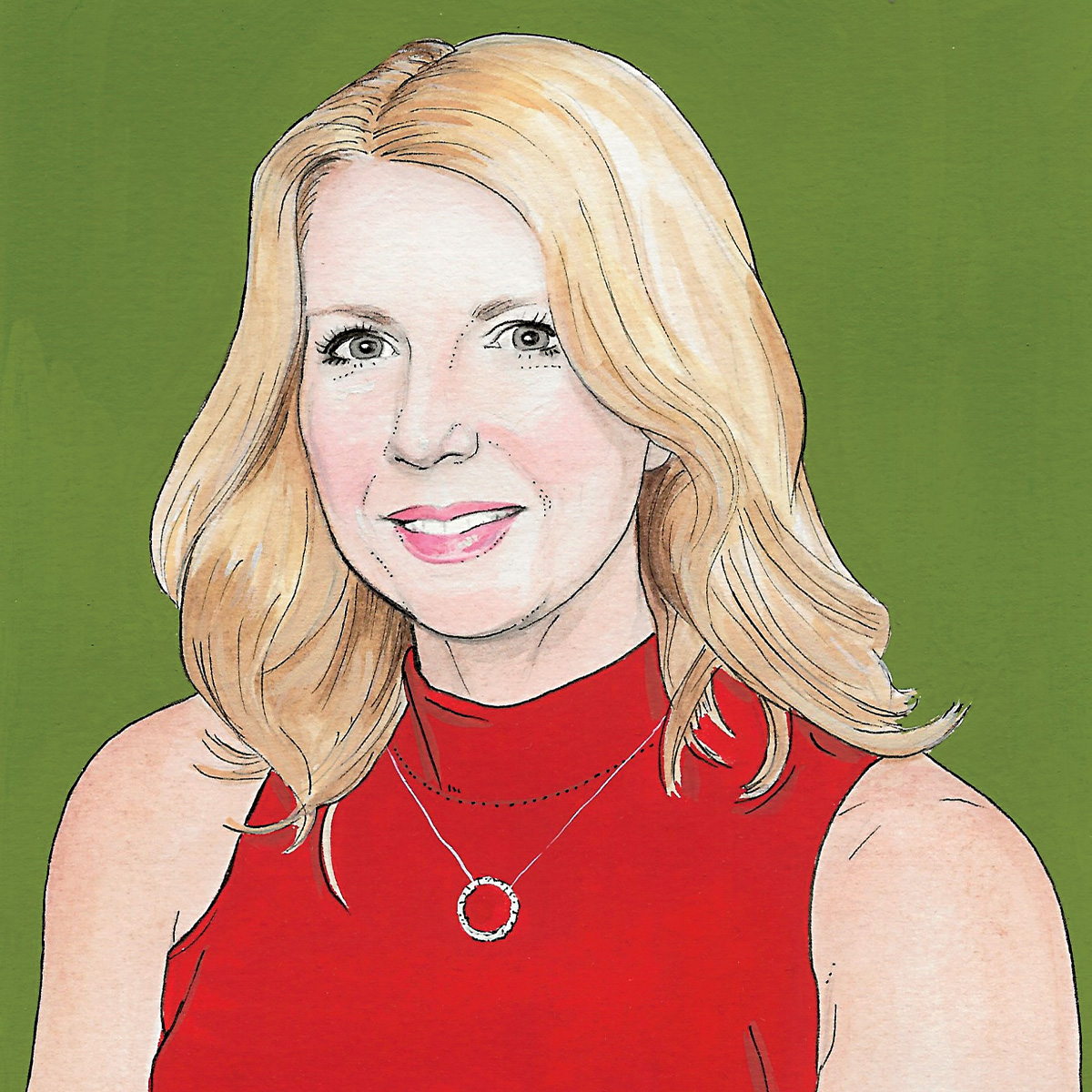
West was recently elevated to the role of executive vice president and chief operating officer, formerly executive vice president, chief financial officer, and treasurer, with Murphy USA. The Fortune 200 retail gasoline company was launched by its parent company, Murphy Oil, 10 years ago. West was named as one of the National Association of Convenience Stores Top Women in Convenience in 2020 as well as Institutional Investor magazine’s Top CFO in 2023 and 2024.
West is also a member of the board of directors at Simmons Bank and Simmons First National Corporation. In 2023, she was appointed by Arkansas Governor Sarah Huckabee Sanders to the Natural State Advisory Council, which is tasked with making recommendations on how best to develop and promote the state’s unique natural resources and outdoor economy.
Although West didn’t grow up hunting and fishing, she’s now a big fan of both thanks to her husband, Keith, who is a lifelong waterfowler. “I’m now a hunter of all things, and I love getting outdoors,” she says. “It’s a chance to relax and de-stress and to be part of something bigger than my individual challenges or concerns.”
Conservation really came to life for West in 2015 when she and her husband bought a 1,300-acre “fixer upper” rice farm in the Arkansas Delta. A few years ago, they bought a second, 900-acre rice farm. “The work we have done makes it easier, more sustainable, and more profitable to farm. It benefits habitat for ducks as well. We finally got most of the work done on our second farm, and it really paid off this duck season as we had an excellent year and made so many great memories, which is what it is all about.”
West is pleased to be involved in conservation at the state level as a member of the Natural State Advisory Council. “Many people don’t really appreciate how lucky they are to live in a state with the resources we have, and I want Arkansas to realize its full potential. The council’s mission is to do exactly that.”
West’s relationship with DU developed from attending banquets over the years and being involved in her local DU chapter. “I’ve always admired DU as an organization and was totally flattered when I was asked to become an at-large board member.”
West feels she can provide DU with a broad, external view. “I don’t have a conservation or science background, but I know how to make a business run,” West says. “I understand the art of the possible and can tailor that into DU’s organization. I can apply insight and experience in raising and managing capital, managing large projects, dealing with vendor partners, public relations, information technology, analytics, and big data—DU deals with these things too.”
Jennifer Boudart enjoys writing about science and conservation for readers of all ages. She is a frequent contributor to Ducks Unlimited and Wetlands America magazines.
Ducks Unlimited uses cookies to enhance your browsing experience, optimize site functionality, analyze traffic, and deliver personalized advertising through third parties. By continuing to use this site, you agree to our use of cookies. View Privacy Policy